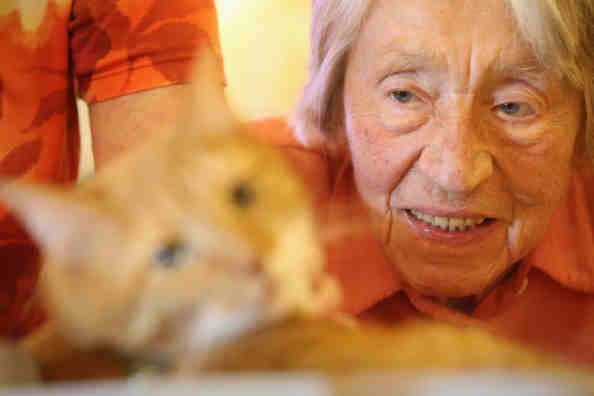
Dementia patients receive a wide array of medications on top of other drugs for their condition. Physicians resort to antipsychotics despite their known damaging effects. In fact, these drugs may actually hasten the dying process in dementia patients, a new study suggests.
Researchers from the University of Michigan Medical School and VA Center for Clinical Management Research analyzed data from the VA national electronic health record system to see cases of 91,000 veterans over the age of 65 with dementia.
The study, published in the Journal of the American Medical Association, sought answers on why these drugs could potentially speed up the dying process of people with dementia. According to Dr. Donovan Maust, lead author of the study and assistant professor of Psychiatry at the University of Michigan, many people do not realize the symptoms of dementia in terms of behavioral and psychological aspects, as reported by Forbes.
"These symptoms are very distressing to caregivers and are responsible for a significant amount of the cost associated with caring for patients with dementia. These behaviors may be dangerous and place the patient at risk for harming themselves, their family and other caregivers," he added.
"The fact that antipsychotic use persists in spite of the evidence of harm speaks to both how problematic these behaviors are and that there are few other interventions available," he added.
The study found that patients who are taking antipsychotics may have a higher risk of death and the risk increase is parallel to doses in patients using newer, more usually used antipsychotics. They explained that the reasons for this is still unknown.
"One possibility is that a higher dose means patients are more sedated, which might lead to more falls or more aspiration. In frail older patients, such events could ultimately hasten death," he explained.
Patients who are taking haloperidol have a high mortality risk of 3.8% compared to those who do not use any drugs. The study, however, needs further analysis based on the other psychotic tendencies of people with dementia.
